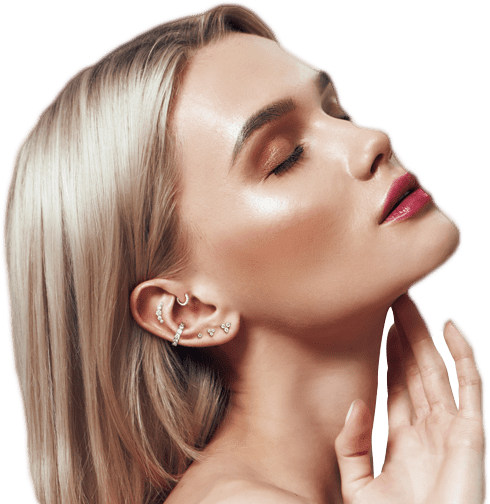Otoplasty
Otoplasty — also known as cosmetic ear surgery — is a procedure to change the shape, position or size of the ears.
Contact our specialist for immediate free diagnosis
You might choose to have otoplasty if you’re bothered by how far your ears stick out from your head. You might also consider otoplasty if your ear or ears are misshapen due to an injury or birth defect.
Otoplasty can be done at any age after the ears have reached their full size — usually after age 5 — through adulthood.
During
Otoplasty techniques vary based on what kind of correction is needed. The specific technique your plastic surgeon chooses will determine the location of the incisions and the resulting scars.
Your doctor might make incisions:
- On the backs of your ears
- Within the inner creases of your ears
After making incisions, your doctor might remove excess cartilage and skin. He or she will then fold the cartilage into the proper position and secure it with internal stitches. Additional stitches will be used to close the incisions.
The procedure typically takes about two hours.


After
After otoplasty, your ears will be covered in bandages for protection and support.
You’ll likely feel some discomfort and itching. Take pain medication as recommended by your doctor. If you take pain medication and your discomfort increases, contact your doctor immediately.
To keep pressure off your ears, avoid sleeping on your side. Also try not to rub or place excessive force on the incisions. Consider wearing button-down shirts or shirts with loosefitting collars.
A few days after otoplasty, your doctor will remove your bandages. Your ears will likely be swollen and red. You may need to wear a loose headband that covers your ears at night for a few weeks. This will help keep you from pulling your ears forward when rolling over in bed.
Talk to your doctor about when — or if — your stitches will be removed. Some stitches dissolve on their own. Others must be removed in the doctor’s office in the weeks after the procedure.
Ask your doctor when it’s OK to resume daily activities, such as bathing and physical activity.
